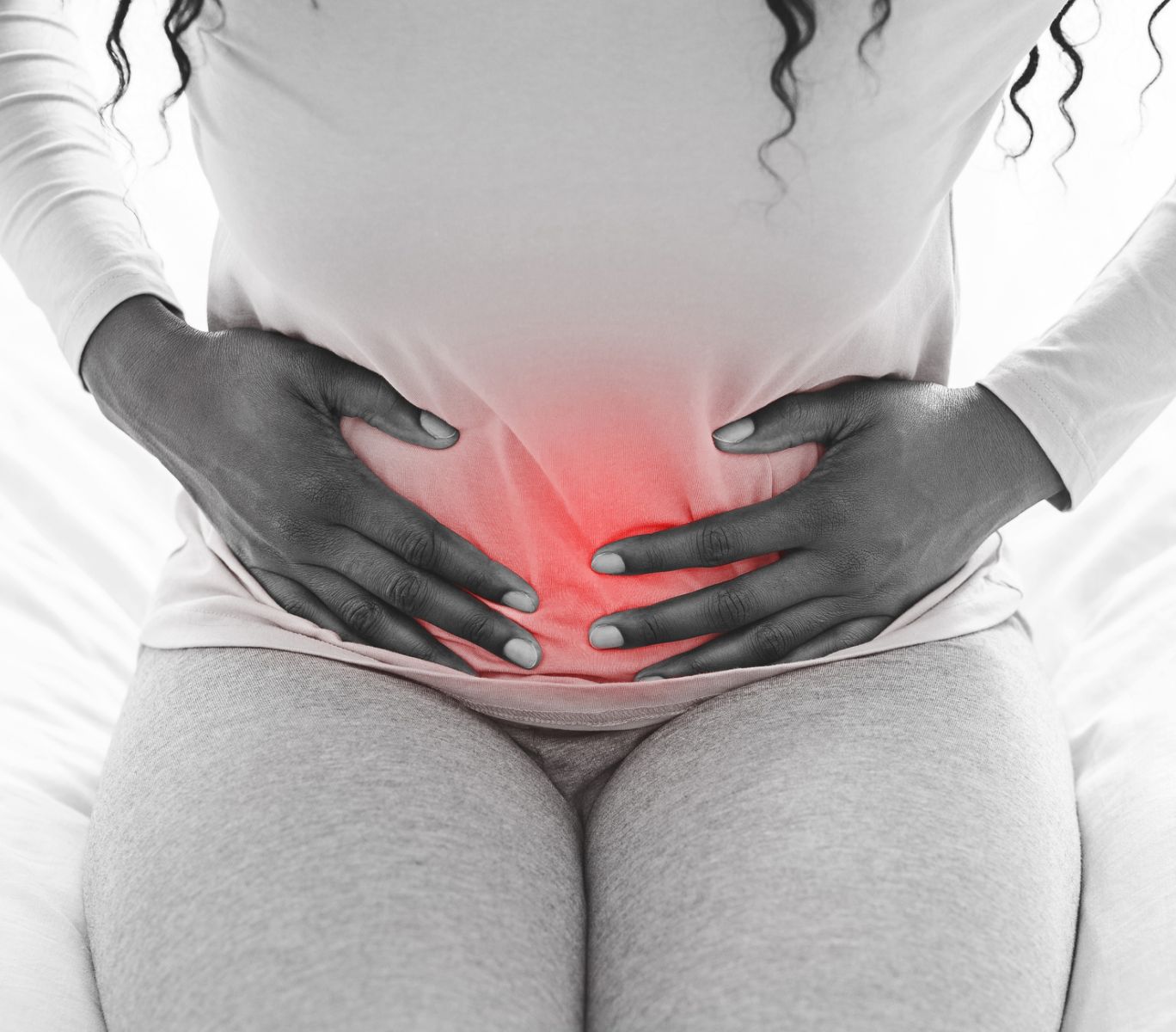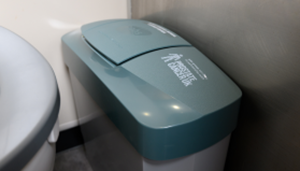Resources
20 October 2023
Genitourinary syndrome of the menopause is an umbrella term to more accurately describe a range of vulvovaginal and lower urinary tract symptoms related predominately to low oestrogen levels. Here, Sue Thomas, advanced nurse practitioner, discusses the complications that can arise.
22 September 2023
Faecal incontinence is the term describing the inability to control the bowels. This can include the uncontrolled passage of solid or liquid stool or of flatus (wind) through the anal canal. It is recognised as a symptom rather than diagnosis and is the result of complex interactions of many contributing factors. This series of two articles will look at this taboo condition, how it affects quality of life, highlight the anatomy and physiology which affects bowel control and then discuss conditions and contributing factors that make individuals prone to the symptoms of faecal incontinence.
07 September 2023
A frequent side-effect of chronic coughing is urinary incontinence (UI) — mainly stress urinary incontinence. Although quite prevalent within this cohort of individuals, there seems to be little professional knowledge with regards to interventions to prevent or treat UI. This article looks at the causes of chronic coughing and how it impacts on UI.
11 August 2023
Lynch syndrome is an inherited genetic condition and there could be over 175,000 people in the UK. About half of all people with Lynch syndrome develop colorectal cancer and it is also responsible for other cancers, including endometrial, gastric, small bowel, urothelial and brain cancers. This article outlines what Lynch syndrome is, how people can be screened and why testing is so important.
19 July 2023
Overactive bladder syndrome is a little known chronic condition that affects both men and women. It can have a significant impact on an individual’s physical, psychological, social and financial quality of life. This article explores the assessment and conservative and pharmacological treatment options.
20 June 2023
Bowel Cancer UK is the UK’s leading bowel cancer charity, determined to save lives and improve the quality of life of everyone affected by bowel cancer. Its vision is a future where nobody dies of the disease.
06 June 2023
1 in 8 men will get prostate cancer, and some men experience urinary and bowel problems as a side effect of their treatment. A lack of public understanding of the condition, the stigma surrounding incontinence and the lack of facilities for men are damaging men’s physical and mental health.
23 May 2023
Interstitial cystitis (IC) is a disease which, despite years of research, remains poorly understood. This article hopes to give healthcare professionals more knowledge of this complex disease so that they can facilitate earlier diagnosis and treatment, reducing the risk of misdiagnosis, which will ultimately improve outcomes and reduce the impact on the health and wellbeing of all those with this condition.
19 April 2023
Many men are receiving androgen deprivation therapy for non-localised prostate cancer and side-effects of hormone therapy treatment may significantly impact quality of life. This editorial examines the seen and unseen side-effects of hormone therapy and support available from Prostate Cancer UK.
14 April 2023
With influential organisations demonstrating a strong presence on social media, use of online social networking sites is gaining increasing momentum among healthcare professionals, including the nursing community. This editorial discusses the safe and professional use of social networking sites.


.jpg)







